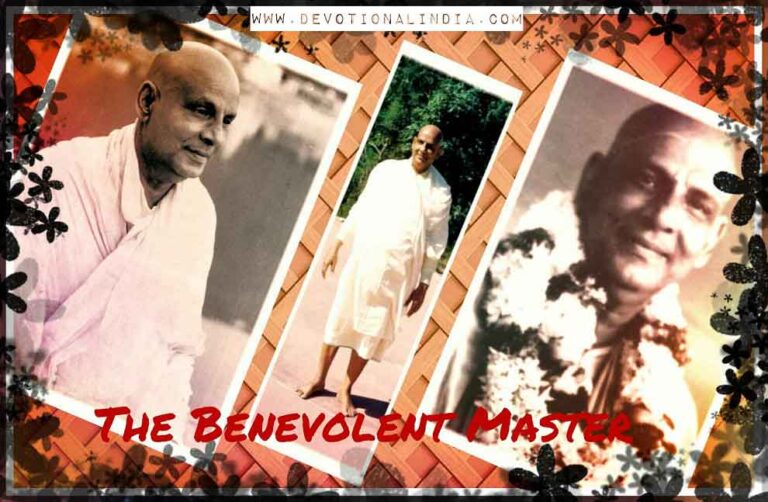Lakshmi Puja
Lakshmi Puja
Lakshmi Puja, celebrated on the main day of Diwali, is dedicated to Goddess Lakshmi, the deity of wealth, prosperity, and good fortune. On this day, devotees clean and decorate their homes with lights, diyas, and rangoli to welcome the goddess. Families perform rituals, chant prayers, and offer sweets, flowers, and coins to seek her blessings for happiness, success, and abundance. The lighting of lamps is believed to guide Goddess Lakshmi into homes, removing darkness and negativity. This puja not only symbolizes material prosperity but also spiritual well-being, making it one of the most important and auspicious parts of Diwali.
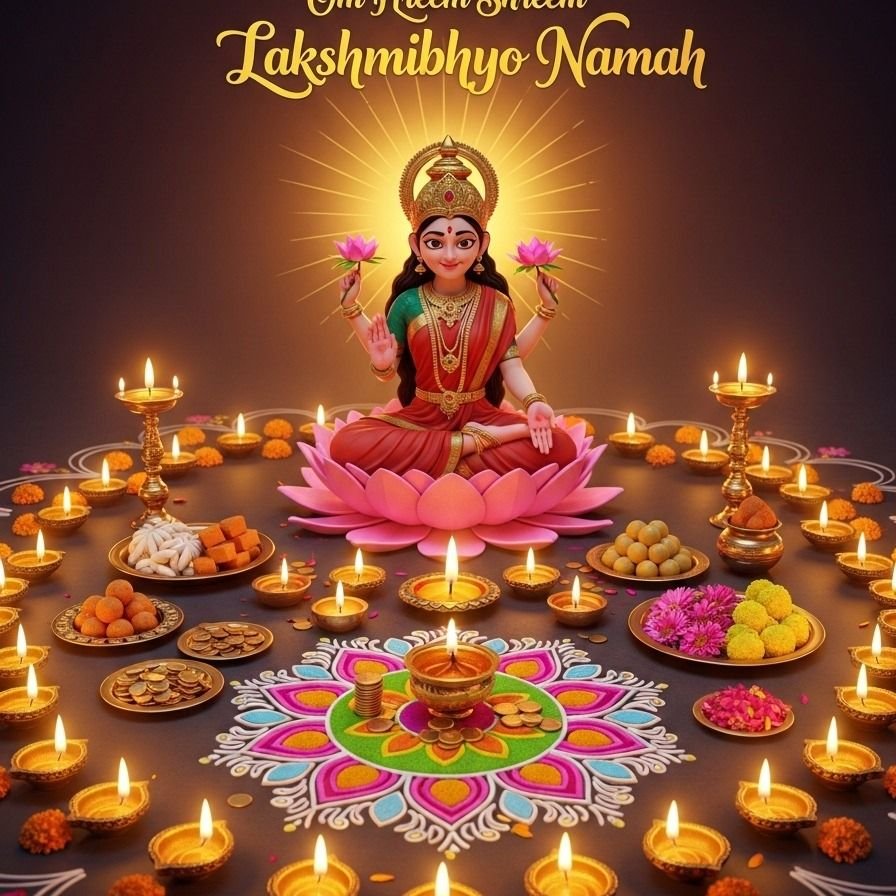


Lakshmi Puja, celebrated on Diwali night, is devoted to Goddess Lakshmi, the goddess of wealth and prosperity. People clean and decorate their homes with lights, diyas, and rangoli to welcome her. Families perform rituals, offer prayers, and seek blessings for happiness, success, and abundance, making it a deeply auspicious occasion.
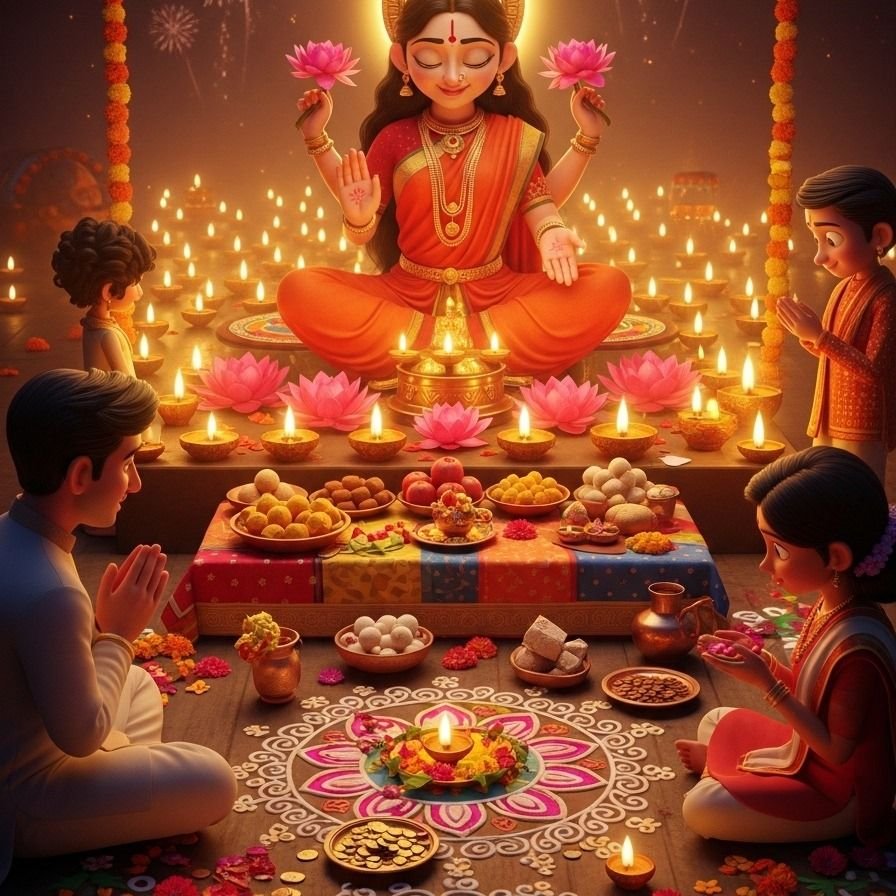

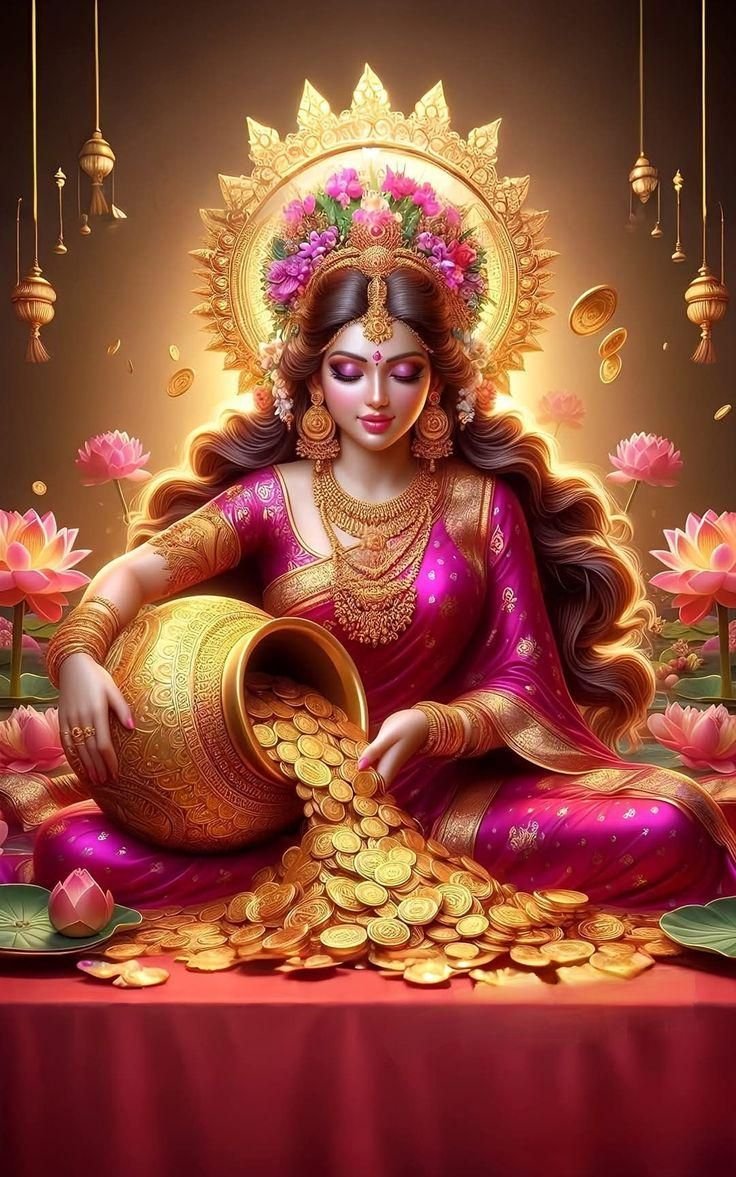


Rituals & Traditions of Lakshmi Puja
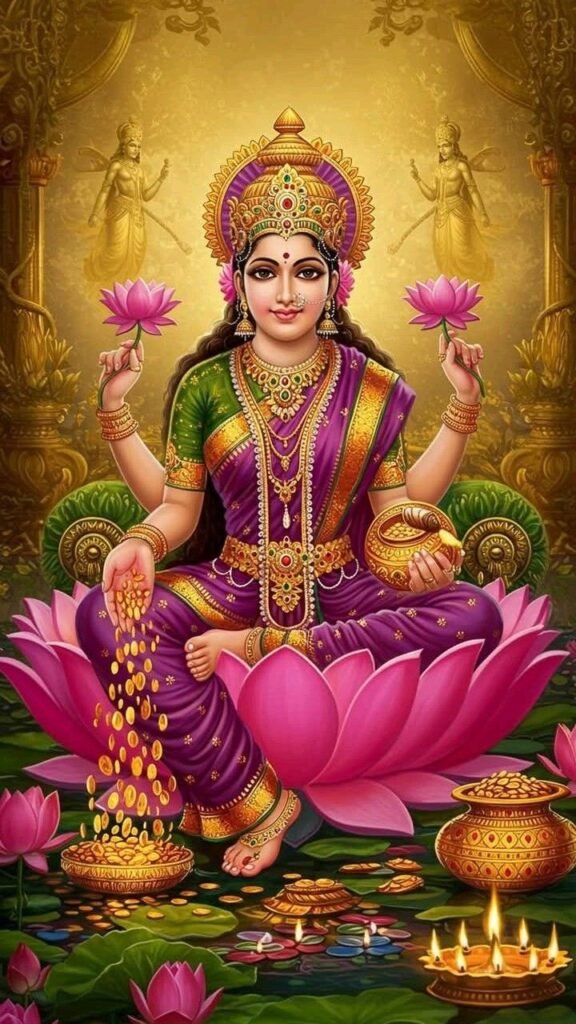
Lakshmi Puja, celebrated on the main day of Diwali, is one of the most important and auspicious Hindu rituals dedicated to Goddess Lakshmi, the goddess of wealth, prosperity, and good fortune. It is believed that on this sacred night, Goddess Lakshmi descends to the earth and visits homes that are clean, well-decorated, and illuminated with lamps, blessing her devotees with abundance and happiness. In preparation, families thoroughly clean and purify their homes, decorate entrances with colorful rangoli designs, hang torans made of flowers or mango leaves, and light rows of diyas to create a warm and divine atmosphere. As evening falls, idols or images of Goddess Lakshmi are placed alongside Lord Ganesha, the remover of obstacles and the giver of wisdom, and the puja begins with devotion. Offerings of sweets, fruits, flowers, coins, and incense are made, accompanied by the chanting of mantras and the singing of aarti to seek blessings for wealth, success, health, and peace. Businessmen and shopkeepers also perform special Lakshmi Puja in their workplaces to invite prosperity and progress in trade. Lighting diyas throughout the house is believed to drive away darkness, negativity, and misfortune, allowing positivity and divine energy to enter. More than just a ritual for material gain, Lakshmi Puja symbolizes spiritual well-being, family harmony, and inner light, reminding everyone of the deeper meaning of Diwali—the victory of light over darkness and good over evil. Thus, Lakshmi Puja stands at the heart of Diwali festivities, filling homes with devotion, joy, and hope.
Spiritual Importance & Cultural Significance
Lakshmi Puja, performed on the main day of Diwali, is one of the most sacred and widely celebrated Hindu rituals, dedicated to Goddess Lakshmi, the goddess of wealth, prosperity, and good fortune. According to tradition, it is believed that Goddess Lakshmi roams the earth on Diwali night, visiting homes that are pure, beautifully decorated, and illuminated with diyas, and she blesses her devotees with happiness, abundance, and success. In preparation for this special puja, families clean every corner of their homes, remove clutter, and adorn entrances with colorful rangoli, flower garlands, and decorative lights to create a welcoming environment for the goddess. In the evening, family members dress in new or festive clothes and gather together to worship Goddess Lakshmi along with Lord Ganesha, who represents wisdom and the removal of obstacles. Idols or pictures of the deities are placed on decorated platforms, and offerings of sweets, fruits, flowers, coins, rice, and incense are made with deep devotion. Sacred mantras are chanted, prayers are recited, and aarti is sung to seek blessings for health, wealth, peace, and prosperity. Businessmen also perform Lakshmi Puja in their offices and shops to invite good fortune and progress in trade. Lighting diyas in every room and corner of the house symbolizes driving away ignorance, darkness, and negativity, while inviting positivity, knowledge, and divine grace. Lakshmi Puja is not only about material blessings but also about spiritual growth, harmony, and inner peace, making it the central highlight of Diwali celebrations and a festival of hope, joy, and light.
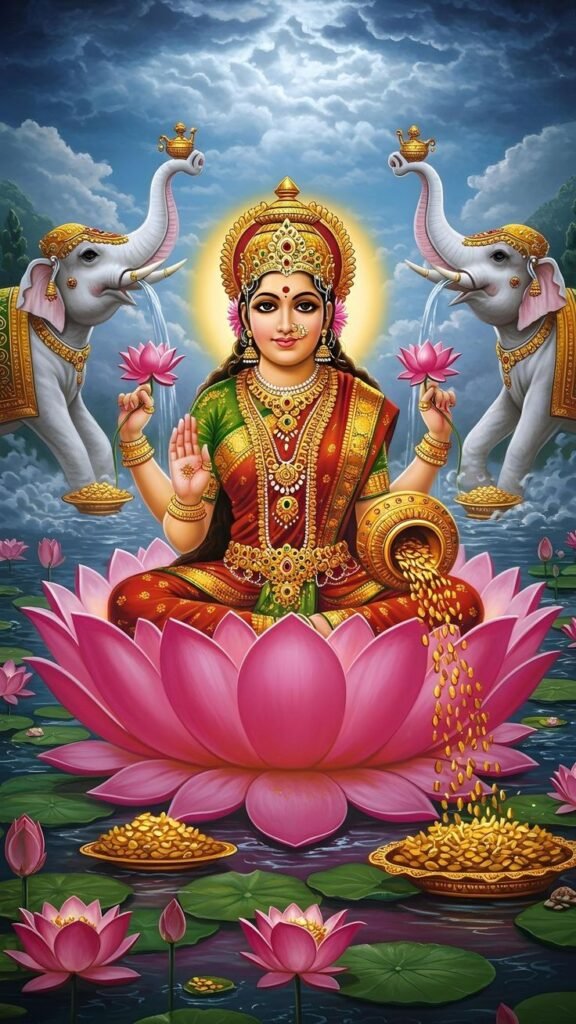

Food & Sweets & Modern Celebrations
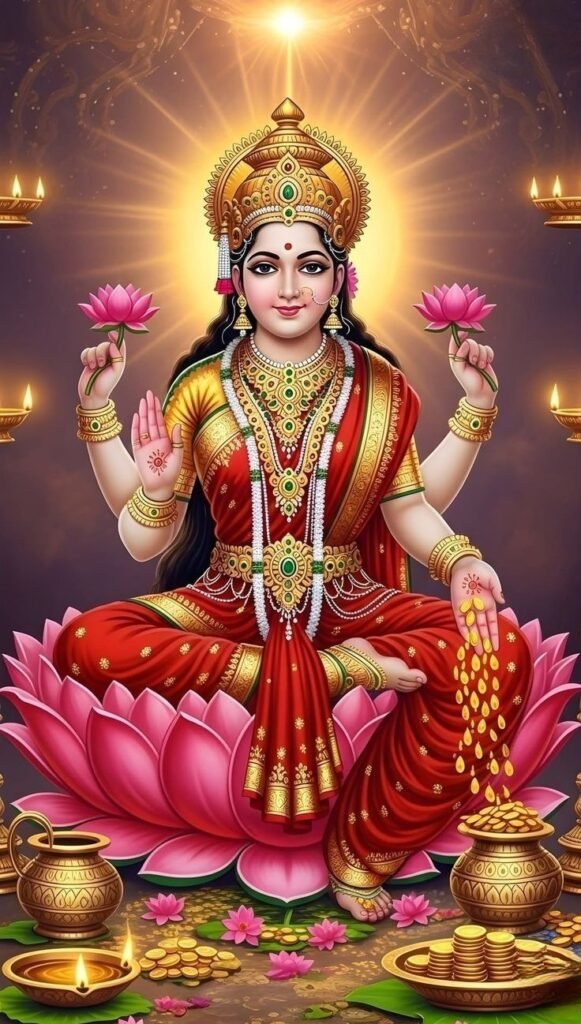
Lakshmi Puja, celebrated on the main day of Diwali, is one of the most important Hindu rituals dedicated to Goddess Lakshmi, the goddess of wealth, prosperity, and good fortune, and is observed with devotion, joy, and grandeur across India. It is believed that on this auspicious night, Goddess Lakshmi visits homes that are clean, beautifully decorated, and brightly lit with diyas, showering her blessings of happiness, abundance, and peace. Preparations for Lakshmi Puja begin days in advance, as families clean their houses thoroughly, remove clutter, decorate entrances with colorful rangoli designs and flower garlands, and arrange rows of earthen lamps and electric lights to create a warm and divine atmosphere. On the evening of Diwali, family members wear new or traditional clothes, place idols or pictures of Goddess Lakshmi alongside Lord Ganesha, who symbolizes wisdom and the removal of obstacles, and perform the sacred puja with devotion. Offerings of sweets, fruits, flowers, coins, rice, and incense are made, while sacred mantras are recited and devotional songs or aarti are sung. Many businessmen and shopkeepers also conduct Lakshmi Puja in their workplaces to seek prosperity and growth in trade. Lighting diyas in every corner of the house symbolizes the removal of darkness, ignorance, and negativity while spreading positivity, purity, and knowledge. Beyond the prayers for material wealth, Lakshmi Puja is also about seeking harmony, spiritual well-being, and inner peace, as the presence of light and devotion unites families and communities in festive joy. Thus, Lakshmi Puja not only stands at the heart of Diwali celebrations but also conveys the timeless message that light, goodness, and knowledge always triumph over darkness, evil, and ignorance.


























